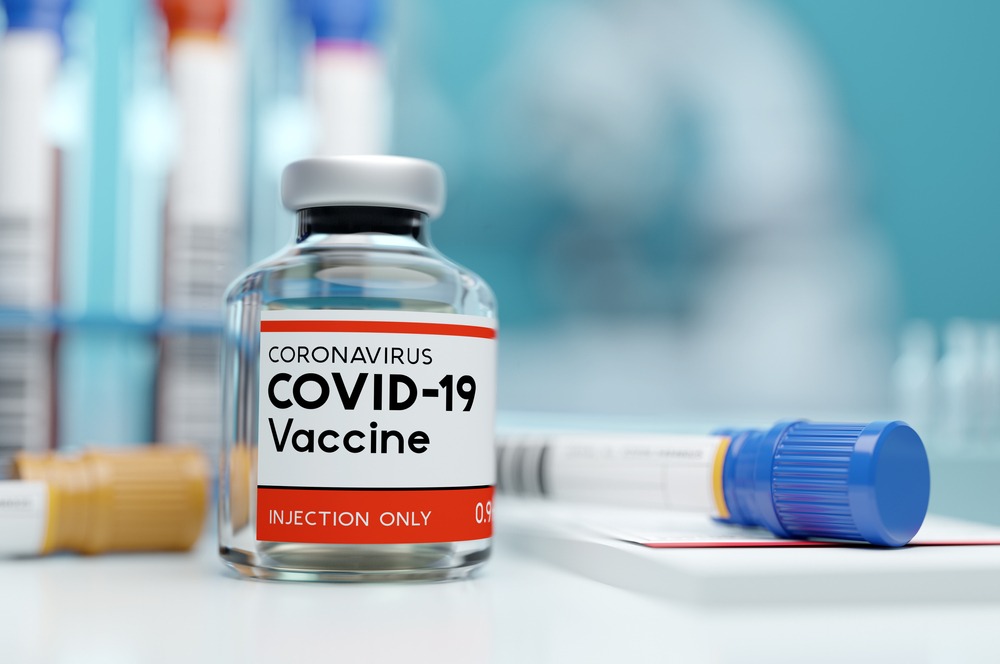What is the Covid Vaccine?
Vaccination against SARS-CoV-2 (“Covid”) was developed in response to the Covid-19 pandemic. In the United States, there are currently 3 vaccines that are approved for emergency use: Pfizer BioNTech, Moderna and Johnson & Johnson / Janssen. These vaccines are provided free of charge, regardless of immigration status or health insurance coverage.
Who is eligible for the Covid vaccination?
The CDC issues recommendations regarding who can receive the Covid-19 vaccine. Currently, the Covid vaccine has been approved for emergency-use administration to individuals 12 years or older. Under the emergency approval, the Pfizer BioNTech vaccine is approved for 12-15 years old, while the Moderna and Johnson & Johnson vaccines are approved for individuals 18 and older. The Pfizer BioNTech received full FDA approval for those 16 years and older. The CDC has recommended the Covid vaccine for administration to pregnant women. Clinical trials are underway for children under 12, but one has not yet been approved to date.
If you have had a severe reaction to any ingredient in the Covid vaccine, you are not advised to receive the Covid-19 vaccine. For individuals who have experienced a severe or immediate allergic reaction to the first dose of a 2-dose vaccine, the CDC does not recommend receiving a second dose of the Covid-19 vaccine.
How is it administered?
All Covid-19 vaccines are administered intramuscularly in the deltoid. The Pfizer BioNTech and Moderna vaccines are administered as a 2-dose series, 21 to 28 days apart. The Johnson & Johnson vaccine is administered in a single dose. The CDC advises that people are not considered to be fully vaccinated until two (2) weeks after their final dose is administered.
Common Side Effects following the Covid vaccine can include temporary soreness, redness, and/or swelling in the arm where the vaccine was administered. Other side effects may include fatigue, headache, muscles aches, chills and/or fever. According to the CDC, these are considered normal and they should subside within a few days after receiving your vaccine.
What to Know Regarding Relief for Injuries Following the Covid Vaccine:
Injuries have been reported following the Covid vaccination, though it may be too early to determine exactly what injuries are causally related to the vaccine. If you believe you have sustained an injury following a Covid-19 vaccine, you may be eligible to submit a request for benefits to the Countermeasures Injury Compensation Program (“CICP”). The CICP operates within the Department of Health and Human Services, and was established through the Public Readiness and Emergency Preparedness (“PREP”) Act. Claims in the CICP can only be filed on behalf of a recipient who received one (or more) countermeasures in response to a public health emergency, including epidemic and pandemic emergencies. Countermeasures may include specific treatments, medications or vaccinations.
The CICP is managed through an administrative process, and there is no right to appeal in a court of law. There is a 1-year deadline to file a claim, which begins from the time you received a countermeasure, such as the date of vaccination administration.
CICP recipients may recover costs solely related to treatment arising from the injuries sustained due to countermeasures. A CICP recipient cannot recover costs related to pain and suffering, and there is a limited remedy for lost wages. Historically, the CICP has an extremely low rate of paying claims, and the majority of claimants have been unsuccessful.
For non-Covid vaccine injuries, the National Vaccine Injury Compensation Program may provide relief to injured individuals who receive qualifying vaccines. Presently, the NVICP cannot accept Covid-vaccine related claims at this time. Our firm is closely following whether any Covid vaccine will become part of the National Vaccine Injury Compensation Program in the future. Please continue to follow our Insights page for updated information.
This is for informational purposes only and is not in any way intended provide medical advice or diagnosis. Please consult with a qualified medical professional for medical advice and treatment.

